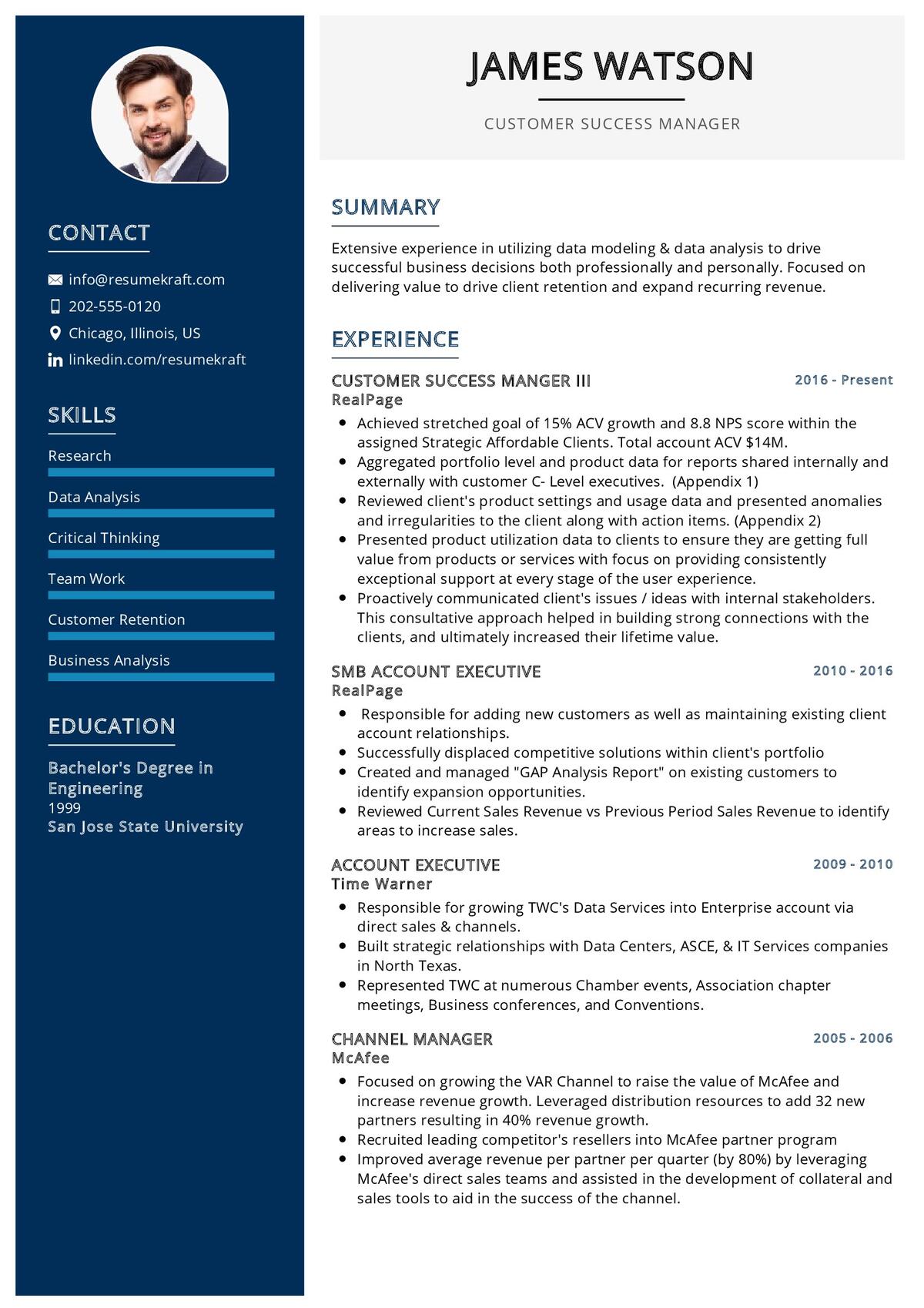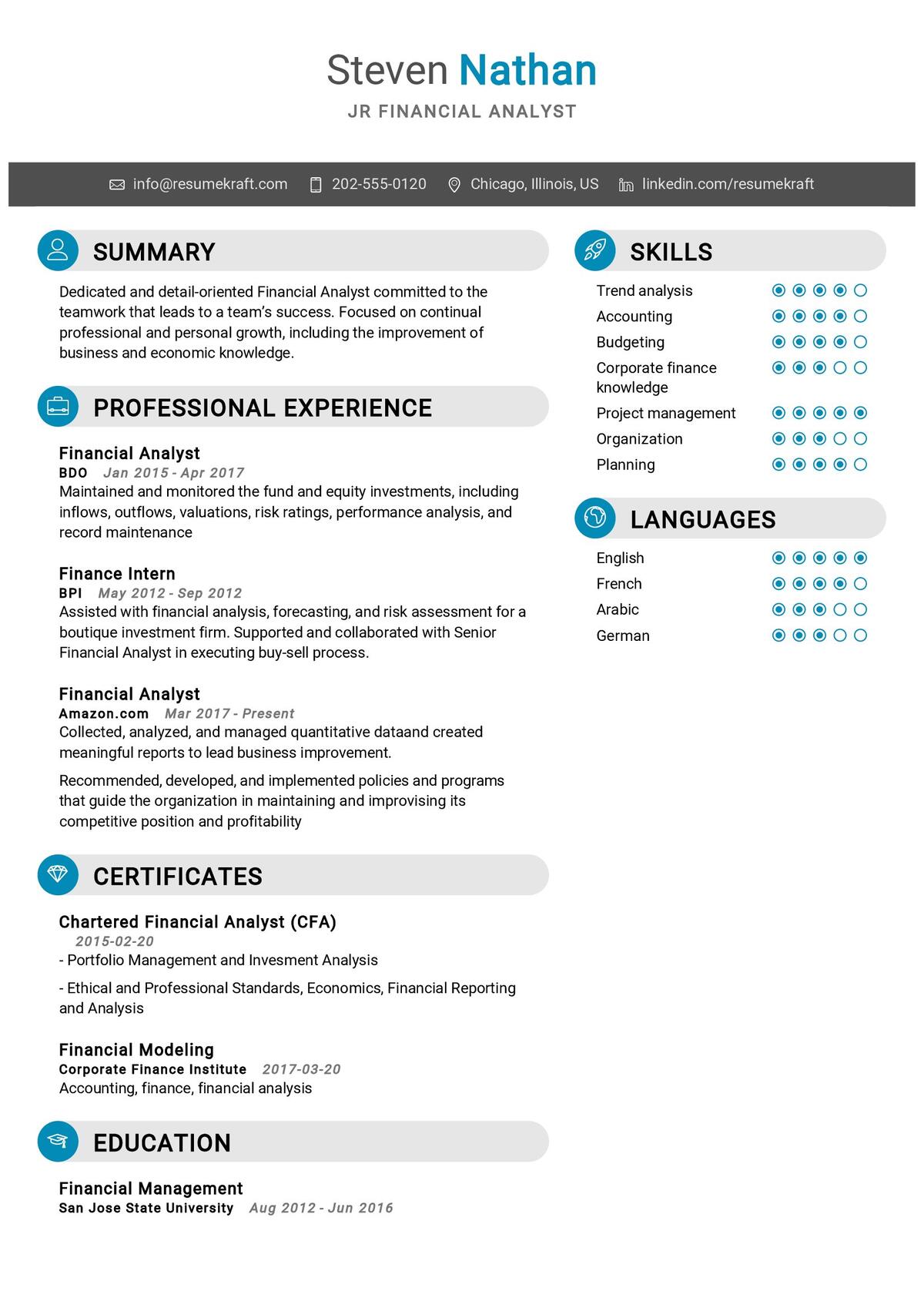
A career is not something that you can just jump into without any planning. It is important to take the time to figure out what you want to do with your life and how you can best achieve your goals. This can seem like a challenging task, but it doesn’t have to be. If you take it one step at a time, you can easily create a plan for your career growth.
Define Your Career Goals
There is no straight answer to this question, as everyone’s career goals will be different. However, some things to consider when defining your career goals may include:
- What kind of work do you want to do?
- What industry do you want to work in?
- What skills do you want to develop?
- What kind of company do you want to work for?
- What kind of impact do you want to make in your career?
Only you can answer these questions for yourself, but taking the time to think about them will help you define your career goals and set you on the path to achieving them.
When it comes to your career, it’s important to have goals set so that you have a clear idea of what you are working towards. These goals can range from the long-term, such as wanting to be promoted to a leadership role, to the short-term, such as wanting to learn a new skill.
The best way to achieve your career goals is to create a plan and then take actionable steps towards achieving them. This may involve furthering your education, networking with industry professionals, or seeking out new opportunities at your current job. No matter what your goals are, remember that it will take dedication and hard work to achieve them, but it will be worth it in the end!
Develop a Plan
The best way to develop a plan will vary depending on the specific situation. However, some tips on how to develop a plan include:
- Define the goal that you are trying to achieve.
- Identify the key stakeholders who can be involved in the plan.
- Gather data and information to help inform the planning process.
- Develop a series of options or possible solutions to the problem or goal statement.
- Evaluate the options and select the best course of action.
- Implement the plan and monitor the results.
- Make changes to the plan as needed.
When developing a plan, it is important to keep the following in mind:
- The plan should be specific to the goal that you are trying to achieve.
- The plan should be realistic and achievable.
- The plan should be flexible and adaptable to change.
- The plan should be reviewed and updated on a regular basis.
Developing a plan can be a daunting task, but by following these tips, the process can be made much easier.
Research Your Industry
The first step in researching your industry is to identify the key players in your industry. These are the companies or organizations that have the most influence on your industry. Once you have identified the key players, you need to research their businesses. This includes learning about their products, their customer base, their financial situation, and their competitive landscape.
Next, you need to understand the trends that are affecting your industry your choose. This includes identifying the factors that are driving change in your industry. Once you have identified the trends, you need to research how these trends will affect your industry in the future.

Finally, you need to understand the regulatory environment that your industry operates in. This includes understanding the laws and regulations that govern your industry. Once you have a good understanding of the regulatory environment, you can start to identify the opportunities and threats that exist in your industry.
By understanding the key players, the trends, and the regulatory environment, you can develop a good understanding of your industry. This will allow you to make better decisions about your Career.
Identify the necessary steps to reach your goals
Steps to reach your goals will vary depending on your chosen field. However, some tips to research your chosen field and identify the necessary steps to reach your goals include:
1. Identify your goals. What do you want to achieve in your chosen field? Once you have a clear idea of your goals, you can start researching the steps you need to take to reach them.
2. Research your chosen field. Talk to professionals in your chosen field, read books and articles about your chosen field, and attend conferences and seminars. This will help you gain a better understanding of what your chosen field entails and what you need to do to be successful.
3. Identify the necessary steps to reach your goals. Once you have a clear understanding of your goals and your chosen field, you can start to identify the steps you need to take to reach your goals. These steps may include completing an education or training program, gaining work experience, and networking with professionals in your chosen field.
4. Take action. Once you have identified the necessary steps to reach your goals, it is time to take action and start working towards your goals. This may require making some sacrifices, such as working long hours or taking on a lower-paying job, but it will be worth it in the end when you achieve your goals.
5. Stay motivated. Pursuing your goals can be a long and difficult journey, so it is important to stay motivated throughout the process. Find a mentor in your chosen field, set small goals to keep you on track, and celebrate your achievements along the way.
Find a mentor in your field
There are a few different ways that you can go about finding a mentor in your field. One way is to reach out to someone who you admire and respect and ask if they would be willing to mentor you. Another way is to attend events and networking functions where you can meet people who are in your field and who can help you to further your career. You can also look for online forums and communities where you can connect with others who are in your field and who can offer you advice and support.

One of the best ways to find a mentor is to reach out to someone you admire and respect and ask if they would be willing to mentor you. This gives you the opportunity to develop a one-on-one relationship with someone who can help you to further your career. You can also attend events and networking functions where you can meet people who are in your field and who can offer you advice and support. Additionally, you can look for online forums and communities where you can connect with others who are in your field and who can offer you advice and support.
Consider Continuing Education
Continuing education is important for many reasons. It can help you keep up with the latest advancements in your field, expand your knowledge and skills, and show potential employers that you are committed to lifelong learning.
There are many ways to continue your education, including taking classes at a local community college or university, attending seminars or workshops, or even taking online courses.
Whatever route you choose, be sure to do your research to find a program that is reputable and right for you.
With so many benefits, there’s no reason not to invest in continuing your education. Whether you’re looking to improve your career prospects or simply stay up-to-date on the latest developments in your field, continuing education is a great way to do it.
Define what success looks like to you
When it comes to planning your career growth, it is important to define what success looks like to you. This will help you create a roadmap to follow and attain your goals.
Some people may define success as simply earning a high income. Others may view it as having a positive impact on their community or making a difference in the lives of others.
Whatever your definition of success may be, it is important to write it down and keep it in mind as you plan your career growth. By doing so, you will be more likely to achieve your goals and reach your full potential.
As you begin to plan your career growth, you may find it helpful to consult with a career counselor or coach. They can provide you with further guidance and resources to help you achieve success.
Set realistic short-term and long-term goals
It can be difficult to know where to start when planning your career growth. However, setting realistic short-term and long-term goals is a great place to start.
Short-term goals are things that you can achieve in the relatively near future, such as learning a new skill or getting a promotion. Long-term goals are those that will take longer to achieve, such as changing careers or becoming a manager.

To set realistic goals, it is important to consider your current situation and what you are realistically able to achieve. Once you have set your goals, you can start to plan the steps you need to take to achieve them.
If you are not sure where to start, there are many career growth resources available, such as books, websites, and articles. You can also talk to friends, family, or a career counselor for advice.
No matter where you are in your career, setting goals and planning your career growth can help you achieve your professional goals.
Planning to Write a Resume?
Check our job winning resume samples


Frequently Asked Questions
The career growth plan is a guide that helps you create a framework for your future professional development.
By creating career growth plan, you will have a road map to follow as you develop your skills and experience. This will help you stay on track as you progress in your career.
A: You can create a career growth plan by following the steps in the guide. You will need to identify your goals, research your options, and create a plan of action.
A career growth plan can help you stay on track as you develop your skills and experience. It can also help you make better decisions about your career development.
That’s okay! The career growth guide can help you identify your goals. Once you have your goals, you can research your options and create a plan of action.
Conclusion
In conclusion, there are few key things to keep in mind. First, it’s important to have a clear idea of your goals and what you want to achieve. Second, you need to create a plan that outlines how you’ll achieve those goals. Finally, it’s crucial to monitor your progress and make adjustments to your plan as needed. By following the above steps, you can ensure that you’re on the right track to a successful career.
Recommended Reading:

